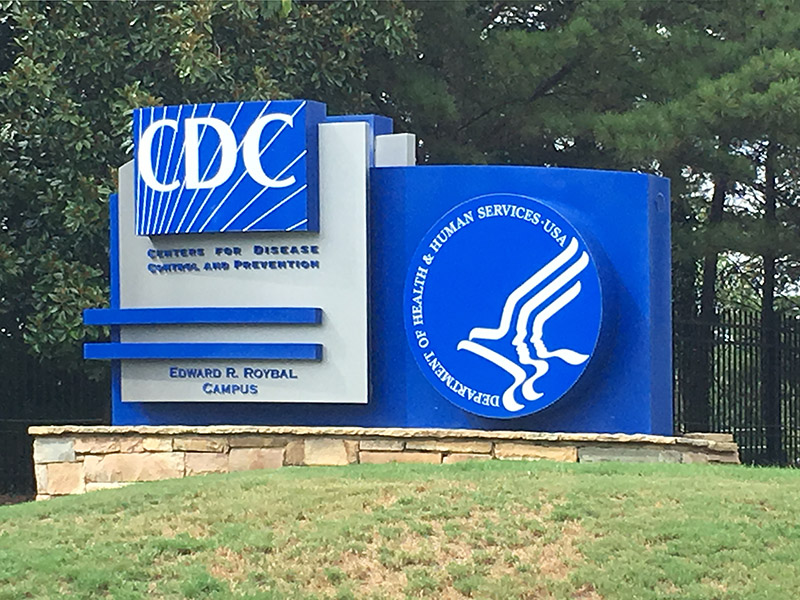U.S. Rep. Sean Patrick Maloney reintroduces LGBTQ-inclusive violent crime reporting bill
LGBTQ Essential Data Act would fully fund the CDC's efforts to collect data on deceased LGBTQ victims of violent crime.

An openly gay congressman from New York has reintroduced a bill to track data on violent deaths involving LGBTQ victims.
Last week, U.S. Rep. Sean Patrick Maloney reintroduced the LGBTQ Essential Data Act, which would authorize $25 million to fully fund the Center for Disease Control’s National Violent Death Reporting System and direct the CDC to improve the collection of data on the sexual orientation and gender identity of deceased victims.
The LGBTQ Essential Data Act was one of several bills listed by President Joe Biden as part of his LGBTQ agenda. Under the bill, law enforcement would be encouraged and expected to collect accurate data on the sexual orientation and gender identity of deceased crime victims and report that to the National Violent Death Reporting System.
Data in the system is used to prevent further deaths by informing decision-makers, law enforcement, and communities of ongoing trends or problems, and is incorporated into violence prevention programs.
LGBTQ victims are often undercounted due to misgendering, erroneous reporting, or concerns (both legitimate and illegitimate) about protecting a deceased person’s privacy or offending family members who may not have accepted their loved one’s identity.
The bill has already amassed 47 co-sponsors in the U.S. House of Representatives since its introduction last week.
The legislation marks the second LGBTQ-specific bill introduced by Maloney this legislative session. The congressman previously introduced a bill in April seeking to prohibit taxpayer dollars from being used to reimburse practitioners of conversion therapy and crack down on misleading billing tactics.
See also: Democrats elect openly gay congressman as chairman of party’s campaign arm
Violence against the LGBTQ community appears to be on the rise, with transgender, gender-nonconforming, and nonbinary individuals particularly at risk.
Thus far, at least 30 transgender or gender-nonconforming people have been violently murdered in the United States this year, with the bulk of victims being transgender women of color.
By collecting data on anti-trans violence and the factors that drive it, lawmakers and other experts can attempt to enact measures to prevent such violence.
“The epidemic of violence against transgender Americans — particularly transgender women of color — is only getting worse. HRC has been tracking the underreported data since 2013, and Congress still hasn’t acted to enable local law enforcement to do the same. My bill will help us collect the data necessary to fully support the LGBTQ community,” Maloney said in a statement.
“I am proud to be introducing this legislation, which was marked by President Biden as a legislative priority, with broad support. I trust our new Democratic Majority will work to get this bill passed into law. We must act now and help save lives.”
See also:
Charlotte City Council Republican proposes new LGBTQ nondiscrimination ordinance
Support Metro Weekly’s Journalism
These are challenging times for news organizations. And yet it’s crucial we stay active and provide vital resources and information to both our local readers and the world. So won’t you please take a moment and consider supporting Metro Weekly with a membership? For as little as $5 a month, you can help ensure Metro Weekly magazine and MetroWeekly.com remain free, viable resources as we provide the best, most diverse, culturally-resonant LGBTQ coverage in both the D.C. region and around the world. Memberships come with exclusive perks and discounts, your own personal digital delivery of each week’s magazine (and an archive), access to our Member's Lounge when it launches this fall, and exclusive members-only items like Metro Weekly Membership Mugs and Tote Bags! Check out all our membership levels here and please join us today!






















You must be logged in to post a comment.